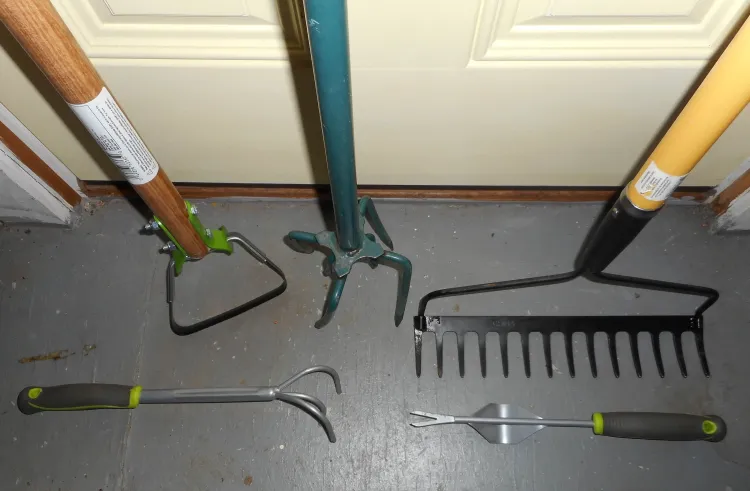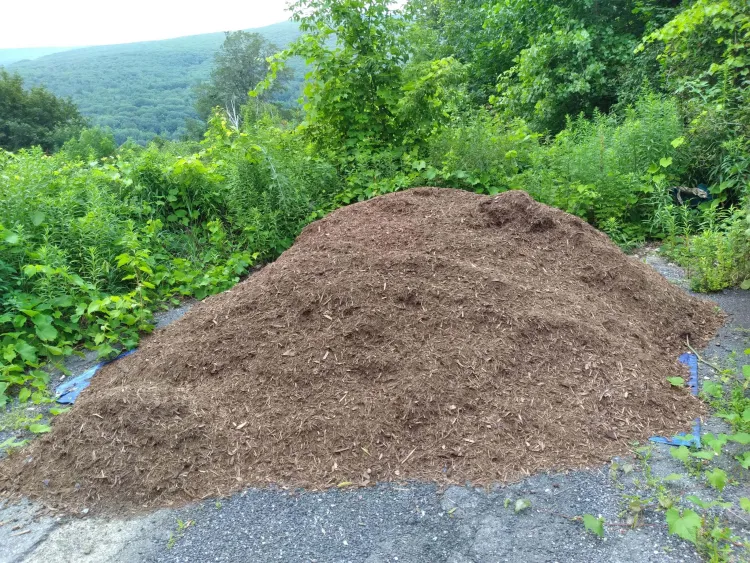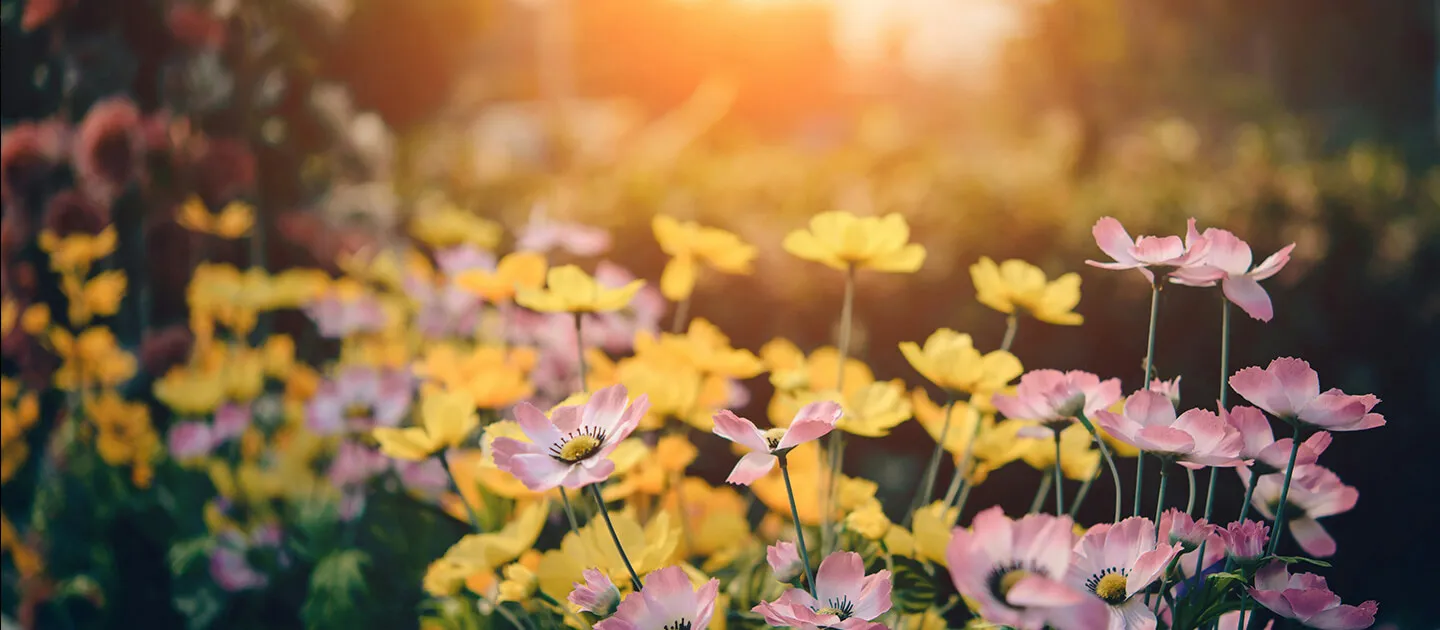The celebration of summer is underway, bringing with it peak gardening season. Every day there’s something new to harvest and enjoy. Perennial flowers are in bloom. Blueberries and tomatoes are ripening. Soon you’ll be offering extra veggies to the neighbors.
Warmer weather also brings with it some challenges in the garden. Make sure your garden’s basic needs are met.

High heat and lack of rain can turn a garden from lush to distressed faster than you can say “afternoon scorching.” Plants in pots are particularly susceptible since their limited volume of soil will dry out faster, and the temperature of the soil in the pot can rise quickly. What can you do?
While a gentle summer rain can be refreshing to both ourselves and our gardens, it’s important to have a plan to keep plants watered and their roots protected from excessive heat during those days when Mother Nature sends unrelenting sunshine and temperatures that have us heading for the nearest shady spot.
Soaker hoses and drip irrigation are a great help, but if you don’t have a system already in place to water your plants, you’ll need to monitor your garden and provide water as needed.
Water generously early in the day. If possible, water the soil rather than foliage for maximum benefit. Don’t be tempted to water a little every day. A deep soaking as needed is far more beneficial since it allows the water to seep into the ground.
Several inches of mulch on top of the soil will help lessen moisture loss due to evaporation, keeping moisture levels more consistent. It will also provide insulation and keep the soil temperature cooler.

Hold off fertilizing your garden during hot, dry weather when plants are under stress. Once conditions are more favorable, apply fertilizer if needed according to package directions.
It may be unfair, but weeds don’t seem to mind the adverse conditions summer can provide. Unwanted volunteers in the garden will take full advantage of procrastination and crowd your carefully tended plants. Weeds will absorb water and nutrients in the soil and further stress the plants in your garden.
While you may be tempted to put off weeding during hot weather, consider doing garden maintenance in the cooler, early morning hours.
Perhaps the most effective way to combat weeds is by hand pulling. It is labor intensive, but even doing a little at a time will get the job done. If there’s room between plants, using a tool such as a stirrup hoe can make the job quicker and easier. Above all, don’t let those weeds go to seed.
Whatever method you choose to remove weeds, if you haven’t already added a layer of mulch on top of the soil, consider doing so. Your garden will thank you.
In addition to its other benefits, mulch will discourage new weeds from growing and can make it easier to pull those that pop up in the future. You can purchase mulch by the bag or order it in bulk by the cubic yard for delivery from a local nursery.
Plants under stress are more susceptible to pests and diseases. Keep an eye out for problems.
If you need help identifying or dealing with a problem, or have general gardening questions, contact the University of Vermont Extension Master Gardeners Helpline at (802) 656-5421 (Thursdays, 9 a.m. to 12 p.m. through October 30) or online year-round at https://go.uvm.edu/gardeninghelp.
Don’t forget to take some time to relax and smell those proverbial roses. On the inevitable hot, sunny days, find a shady spot, grab a cool beverage, sit back and enjoy your garden.
